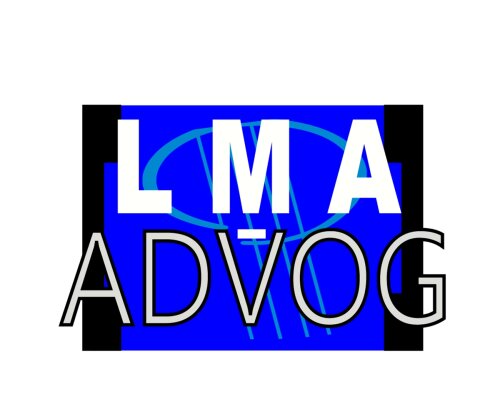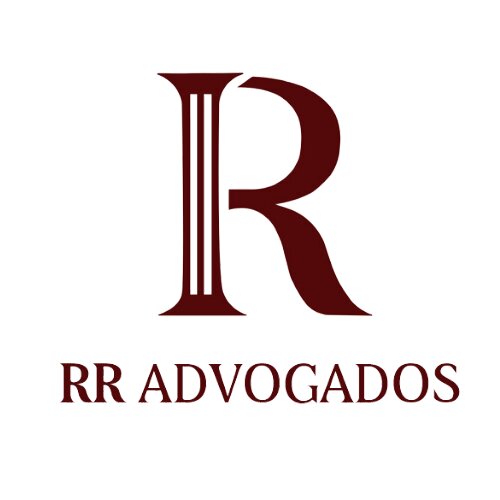Best Adoption Lawyers in Faro
Share your needs with us, get contacted by law firms.
Free. Takes 2 min.
Free Guide to Hiring a Family Lawyer
List of the best lawyers in Faro, Portugal
About Adoption Law in Faro, Portugal
Adoption in Faro, Portugal is a formal legal process that allows individuals or couples to become the lawful parents of a child who is not biologically theirs. The process is regulated by national Portuguese law and overseen by the local courts and social welfare authorities. Adoption aims to provide a stable and loving family environment for children who cannot be raised by their birth parents. Adoptions are permanent and intended to safeguard the well-being and interests of the child above all else.
Why You May Need a Lawyer
Seeking legal assistance during an adoption process in Faro can be highly beneficial for several reasons. Adoption involves complex legal steps, detailed documentation and often, interaction with social services and courts. You might need a lawyer to:
- Guide you through eligibility requirements and paperwork
- Represent you in court hearings or administrative meetings
- Clarify your rights and responsibilities as an adoptive parent
- Assist with international or intercountry adoption matters
- Advise in cases where there are complications such as contested adoptions or issues with parental consent
- Interpret legal documents and ensure compliance with all local laws
Working with a lawyer helps reduce the risk of mistakes or delays and provides peace of mind throughout a personal and often emotional journey.
Local Laws Overview
Adoption law in Faro falls under the Portuguese Civil Code and other relevant family law statutes. Key local legal aspects include:
- Eligibility: Portuguese law allows single individuals or married couples (including same-sex) aged at least 25 (or 21 if married) to adopt. Older applicants are generally preferred to be under 50, particularly for adopting younger children.
- Types of Adoption: There are two main forms - full (plena) and simple (restrita). Full adoption breaks legal ties with biological parents, while simple adoption maintains some rights and can be less permanent.
- Best Interests Principle: The child’s well-being takes precedence in all adoption decisions.
- Consent: Birth parents’ consent is typically required unless parental rights have been terminated.
- Home Study and Assessment: A social services evaluation assesses the suitability of the adoptive family and their environment.
- Court Approval: The adoption order must be granted by a family court judge in Faro, based on case reports and recommendations from social workers.
- International Adoption: The process is more complex, requiring adherence to The Hague Convention and additional procedures for intercountry cases.
Frequently Asked Questions
Who can adopt a child in Faro, Portugal?
Any individual over 25 years old, or couples (married or in a stable union) where one party is at least 25, can apply to adopt. The law does not discriminate based on marital status or sexual orientation.
How long does the adoption process take?
The process can vary significantly but typically takes from several months to over a year, depending on individual circumstances and the type of adoption.
Is it possible to adopt a relative in Faro?
Yes, adopting a relative is possible, provided the relationship meets specific legal criteria and the adoption serves the best interests of the child.
Do foreign nationals living in Faro qualify to adopt?
Foreign nationals residing legally in Portugal can apply to adopt. They must pass the same assessments and comply with national laws.
What documents are needed to start an adoption?
Common requirements include identification documents, proof of residency, evidence of income, medical reports, a criminal record certificate, and personal references.
Does the child have to give consent?
Children aged 12 and over must consent to their adoption unless they are deemed unable to do so due to incapacity.
Can birth parents contest the adoption?
Yes, birth parents may contest unless their parental rights have been legally terminated or they have given valid, informed consent.
Are there adoption agencies in Faro?
Most adoptions are coordinated by government social services rather than private agencies. Local branches of the Instituto da Segurança Social handle assessments and placements.
Do adopted children have inheritance rights?
Yes, fully adopted children have the same legal status as biological children, including inheritance rights.
What happens after an adoption is finalized?
After the court order, the child’s birth record is updated to show the adoptive parents as legal parents. The adoption is permanent and grants all associated rights and responsibilities.
Additional Resources
If you are considering or navigating adoption in Faro, the following resources can provide valuable information and support:
- Instituto da Segurança Social - local branches for adoption services and assessments
- Comissão de Proteção de Crianças e Jovens (CPCJ) - works to protect children and promote their rights
- Order of Portuguese Lawyers (Ordem dos Advogados) - directory of licensed family law attorneys
- Family and Juvenile Courts in Faro - for submitting adoption petitions and attending hearings
- Local municipal services and child welfare offices
Next Steps
If you wish to proceed with adoption or need legal advice in Faro, consider the following steps:
- Contact a qualified family law attorney with experience in adoption cases
- Visit your local Instituto da Segurança Social branch for initial guidance
- Gather essential documents, including identification and proof of residency
- Schedule a legal consultation to assess your eligibility and understand the process
- Act promptly, as adoption can be time sensitive and involves several steps with different authorities
Taking these actions can ensure you are well prepared and legally supported as you begin your adoption journey in Faro, Portugal.
Lawzana helps you find the best lawyers and law firms in Faro through a curated and pre-screened list of qualified legal professionals. Our platform offers rankings and detailed profiles of attorneys and law firms, allowing you to compare based on practice areas, including Adoption, experience, and client feedback.
Each profile includes a description of the firm's areas of practice, client reviews, team members and partners, year of establishment, spoken languages, office locations, contact information, social media presence, and any published articles or resources. Most firms on our platform speak English and are experienced in both local and international legal matters.
Get a quote from top-rated law firms in Faro, Portugal — quickly, securely, and without unnecessary hassle.
Disclaimer:
The information provided on this page is for general informational purposes only and does not constitute legal advice. While we strive to ensure the accuracy and relevance of the content, legal information may change over time, and interpretations of the law can vary. You should always consult with a qualified legal professional for advice specific to your situation.
We disclaim all liability for actions taken or not taken based on the content of this page. If you believe any information is incorrect or outdated, please contact us, and we will review and update it where appropriate.









